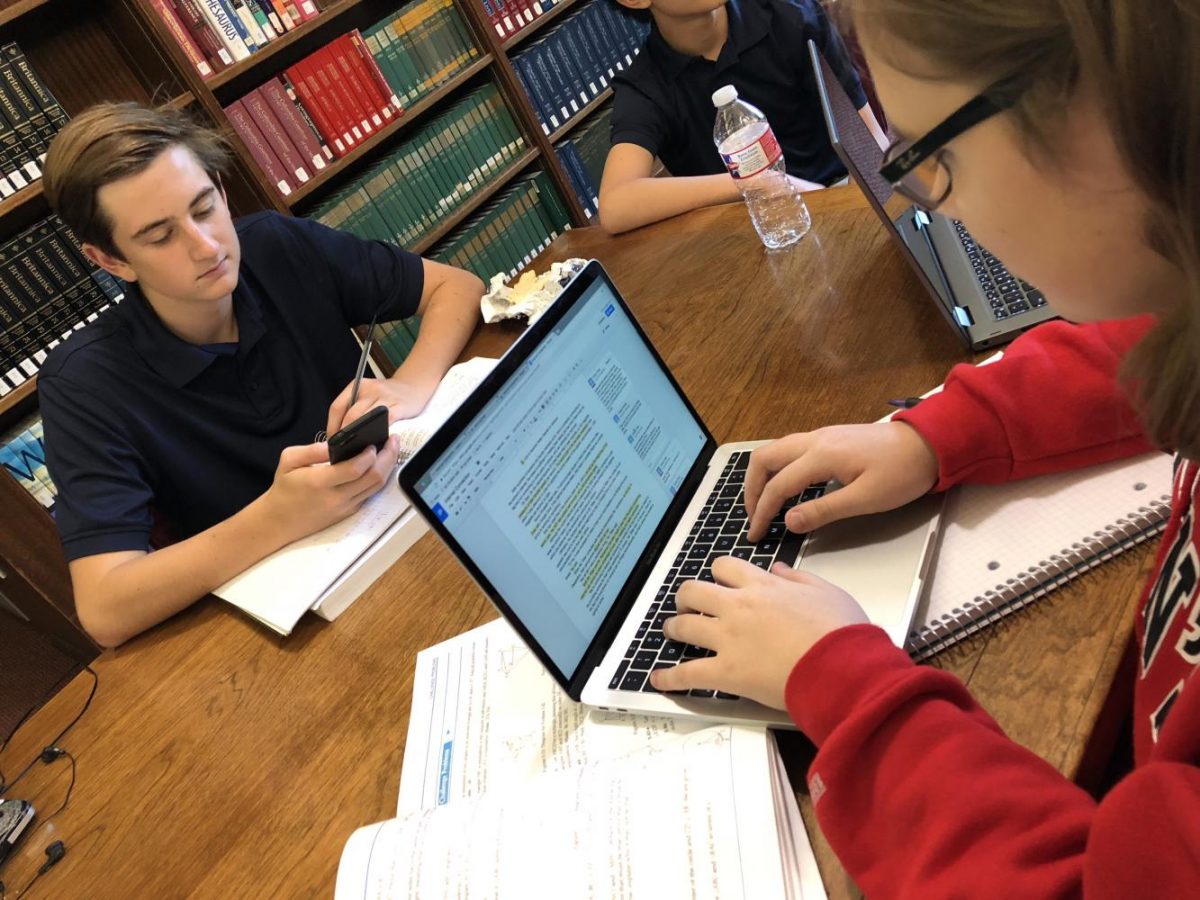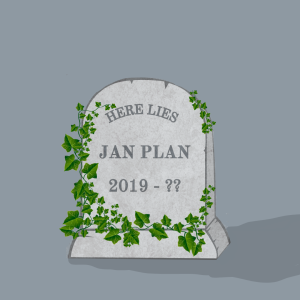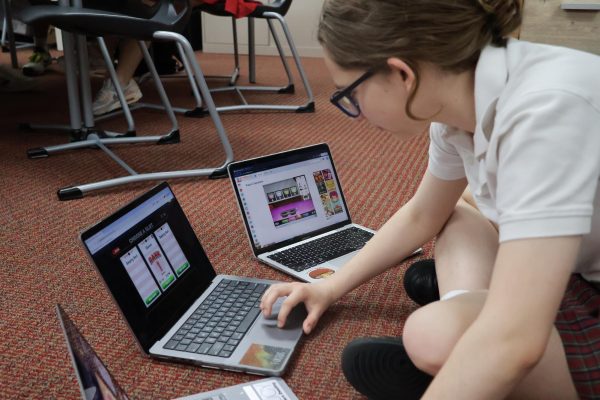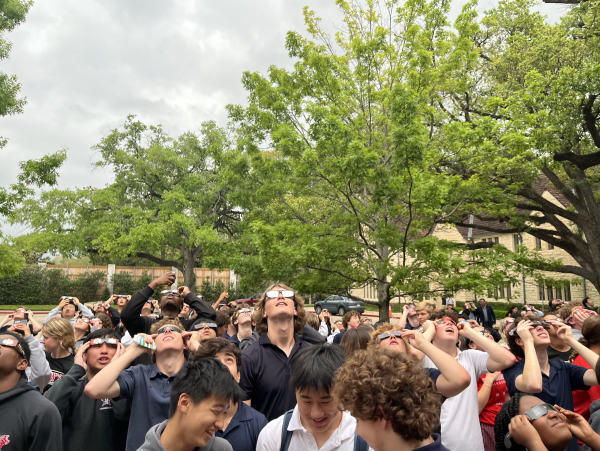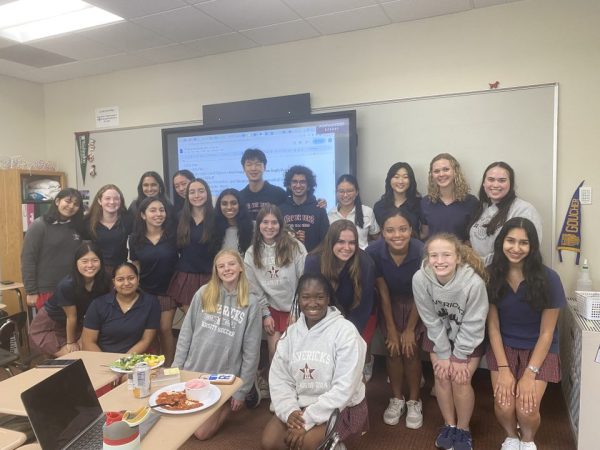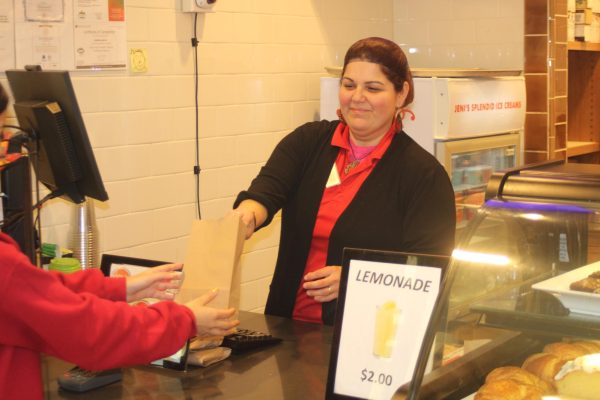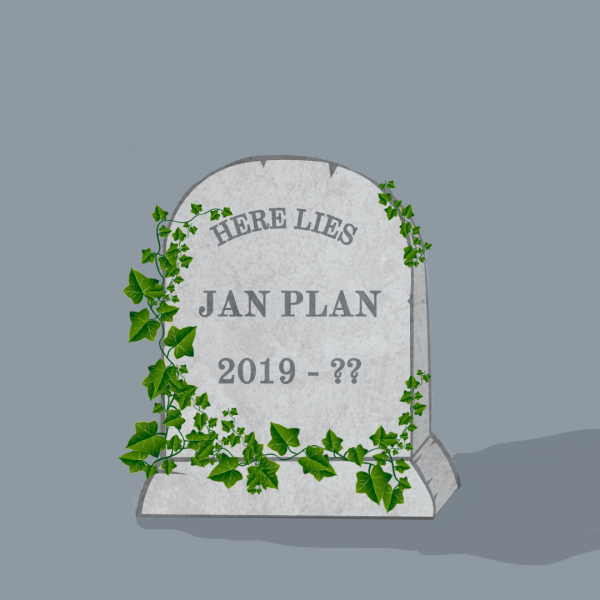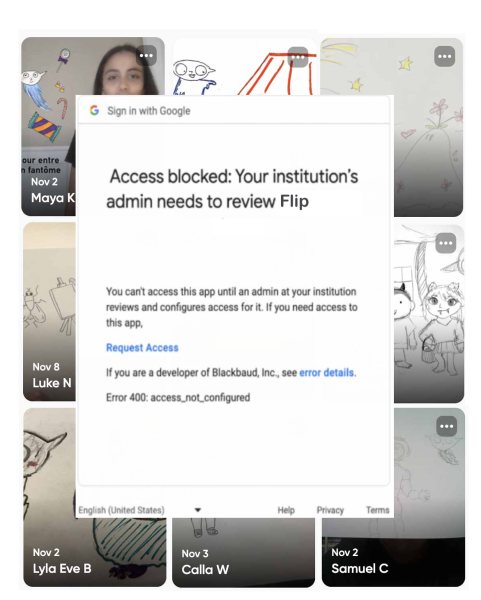Faster WiFi installed across campus
Students enjoy the improved internet as they work in the library.
September 29, 2017
Despite the hundreds of students and faculty members constantly connecting to the school’s internet, the speed has been sufficient in meeting their needs. The system does have minor flaws such as lag and not connecting on some parts of campus.
On Sept. 29, the internet became 20 times faster than it was a few weeks ago. The previous speed per second was 100 megabits, which is a measure of data transfer speed. The new connection upgraded the current speed to one gigabit, approximately 1,000 megabits per second, to 2 gigabits. The two-part installation took place on consecutive Friday afternoons, Sept. 22 and Sept. 29.
Senior Elizabeth Awad said, “It will encourage people to check their email more often. With Google Docs, if the internet becomes faster, that means it updates faster as a whole group is working on something.”
Awad noted that in previous years the WiFi has been spotty but worked well enough.
Although the current internet speed is adequate for daily use, better connection is just what the school needs. Like many of her peers, Awad is looking forward to the upgrade, which she says will be beneficial to everyone on campus.
Ultimately, the decision came down to Chief Information Officer Jeff Ritter, who said the reason for the upgrade was due to the school’s growing reliance on Google Drive and other online documentation.
“It was necessary to make it that much more feasible to do things a lot more timely,” Ritter said.
Ritter consulted with Network Administrator Larry Henderson and Headmaster Mark Desjardins before proceeding with the upgrade.
“We all felt it was necessary,” Ritter said.
Ritter and Henderson said that even though the internet is faster, that doesn’t mean students should be using it for their amusement.
“We’re continuing to always ask students to be mindful that we’re not providing access for their binge watching,” Ritter said. “In the end, everybody on campus can do things more efficiently, and that’s where the benefit is going to come.”

